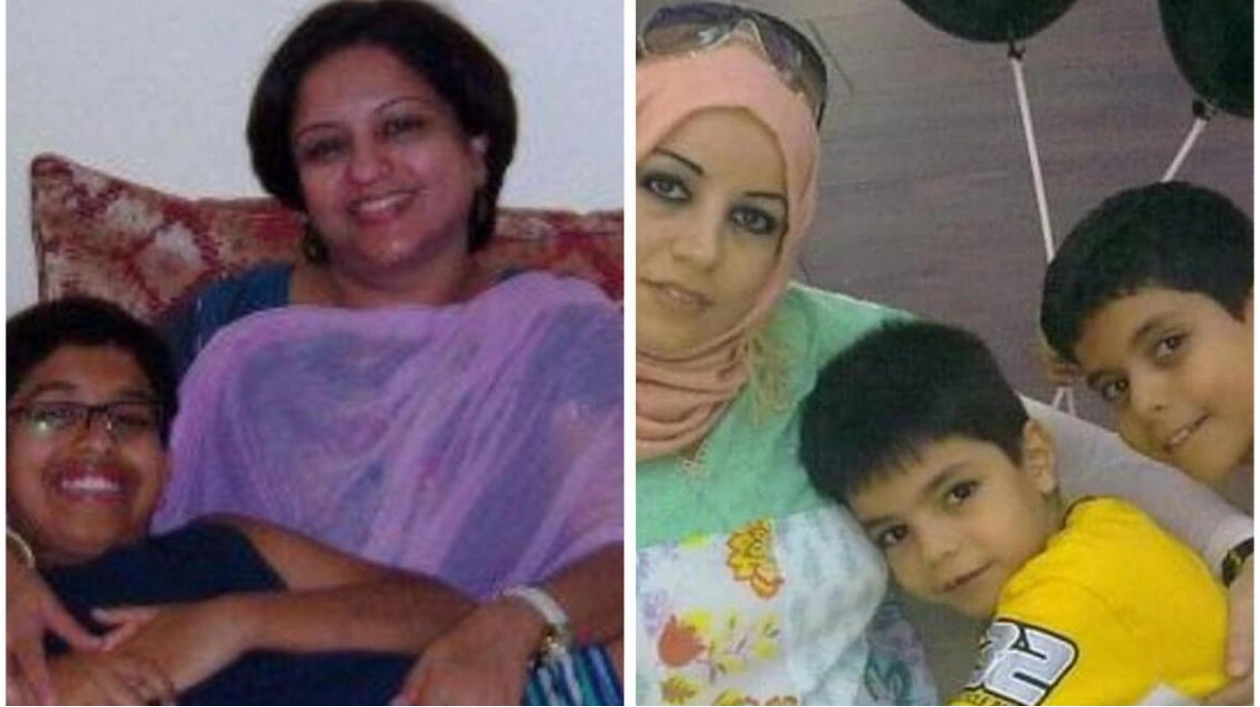"It felt like my life had come to an end," recounted Leeza George, a UAE mother who found herself battling to rise from bed each morning, losing interest in activities she once relished, and nearly ceasing to eat. When her son Aditya departed for medical studies at the University of Sheffield in England, Leeza began experiencing 'empty nest syndrome'. Experts clarify that empty nest syndrome (ENS) is not a clinical diagnosis or a formal mental health condition like anxiety; rather, it is a common and natural experience for many parents, especially mothers, requiring time to adjust to their new life phase. Transitions such as children leaving home for education can be particularly challenging for parents, especially mothers. For Leeza, the challenge was intensified by the fact that Aditya was her only child.
Feeling lost and uncertain, "I felt lost and uncertain about my purpose. It’s as though my life has come to an end now that my child is grown up and has left. It was depressing. I felt so empty and missing him was overwhelming," the chartered accountant reflected, recalling hours spent lying in bed, refusing to engage with anyone. "Now that I'm feeling much better, I realize I should have considered therapy, as I was deeply depressed and demotivated," the Indian expat shared. "Whenever I would think of my son, I'd get too sad and start crying. So I watched endless, mindless TV shows to pass the time and avoid thinking about him," added Leeza, who took almost two years to fully recover.
Upon noticing a change in Leeza's demeanor, a friend recommended joining a social circle to share feelings and thoughts with like-minded individuals. "I know those groups would have been great outlets, but I didn’t join any as I was already busy with work," she noted. She also advised parents who have recently become empty nesters to use this time to explore new hobbies and pursue their long-held interests.
Similarly, Sajida Al Bashir experienced the same syndrome as Leeza. "I can still remember the day I dropped my boys off at the airport. They were leaving for Canada for college. As soon as we got home, the house just didn't feel the same. It felt empty," the Palestinian expat recalled. "I told my husband how much I miss their perfume lingering in the house, their arguments, and all the lively noise they used to bring." Sajida’s two sons, Amjad, studying medicine in Vancouver, and Ahmed, who recently graduated from the University of Brunswick, left home the same year, just days apart.
She remembered how her daily routine suddenly became stark. "I started missing the conversations and laughter we shared in the car while going to school together. We used to come home from school and have lunch together, but all that changed, and my schedule also shifted. Those regular activities became precious moments," said the former teacher, now pursuing her PhD. Although Sajida acknowledges that it becomes somewhat easier over time, she admitted that after one and a half years, when her son returned to Dubai for the first time during their vacation, she couldn't sleep the night before in anticipation.
"My heart raced and tears welled up when I saw them. It felt like my world had returned as I watched them sleep peacefully in their room. Sometimes, I would quietly open their door just to reassure myself that they were really home. To a mother, her child is always a child, no matter how grown up or bearded he becomes. To me, they are still my children, the same ones who used to accompany me to school every morning," the mother of four shared. Shedding light on the empty nest syndrome (ENS), medics said that while ENS is not a clinical diagnosis or a formal mental health condition like anxiety, it is a common and natural experience for parents.
"Encouraging open communication within the family, maintaining a positive outlook, and seeking support when needed can all contribute to a smoother transition," said Dr Nada Omer Mohamed Elbashir, consultant psychiatrist at Burjeel Hospital, Abu Dhabi. She added, "Seeking professional help from a therapist or counselor can be beneficial for mothers experiencing significant distress or difficulty coping with empty nest syndrome. Therapy can provide a safe space for mothers to express their feelings, develop coping strategies, and work through the challenges of this life transition." Doctors advised parents should prepare themselves to go through this upcoming stage of life well in advance. Dr Shaju George, a psychiatrist at International Modern Hospital Dubai, said, "They need to learn to prioritize themselves without feeling guilty. People can do this by finding and indulging in new hobbies or doing things that they are passionate about. They can try and make new friends, try to find solace in spiritual things, and must stay connected to friends and family members."






